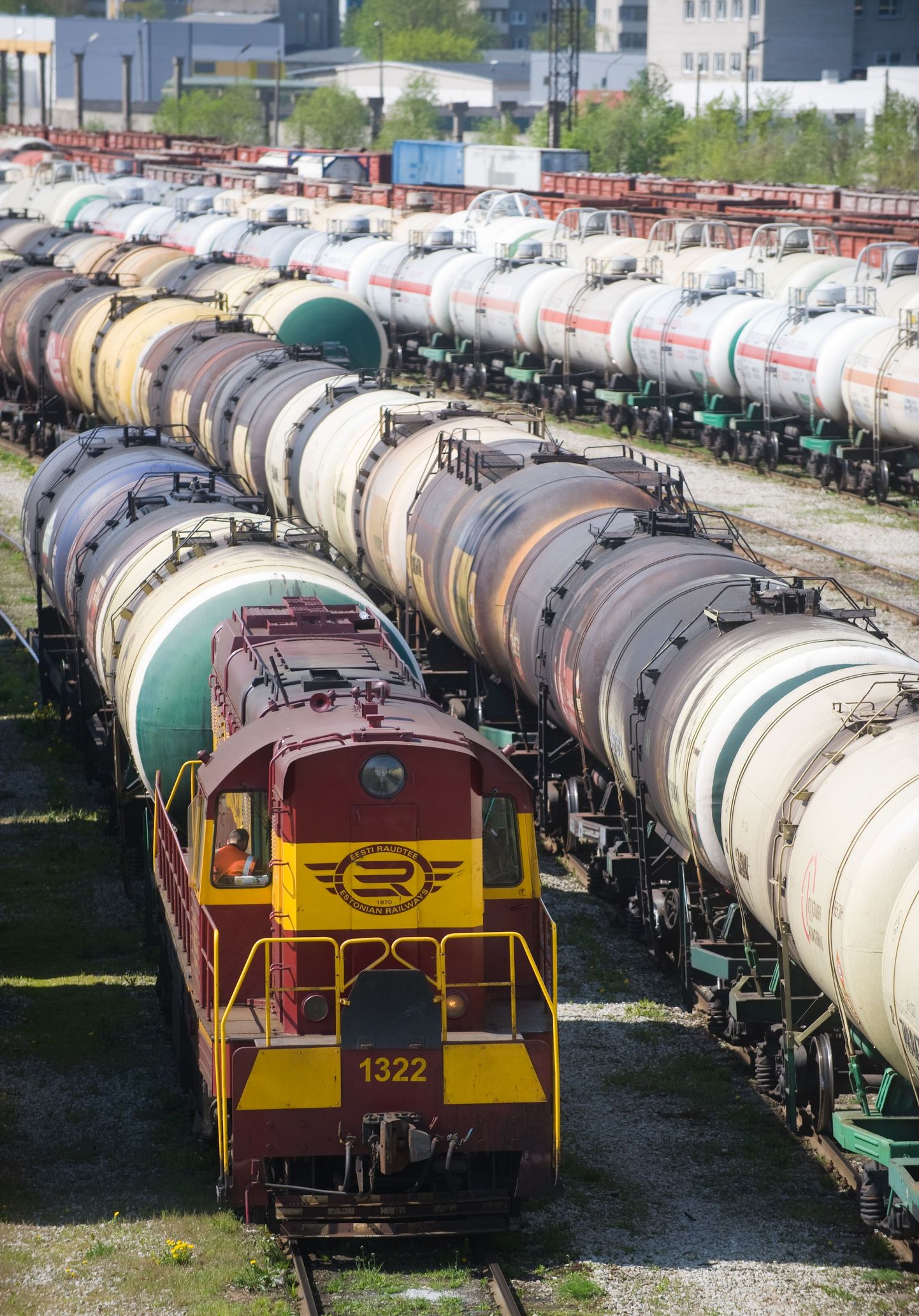
The Russian Federal Customs Service is to ask from Aug. 14 in addition to a TIR carnet an additional guarantee for goods crossing the Russian border due to which trade may become more expensive, the Estonian business daily Aripaev writes.

The Russian Federal Customs Service is to ask from Aug. 14 in addition to a TIR carnet an additional guarantee for goods crossing the Russian border due to which trade may become more expensive, the Estonian business daily Aripaev writes.
The extra obligation would encumber transporters as well as customs institutions, spokeswoman for the Estonian Ministry of Foreign Affairs Minna-Liina Lind said. Both the European Commission and the International Road Transport Union have reacted to the news. The latter's president Umberto de Pretto warned the Russian Prime Minister Dmitry Medvedev in a written address that the plans would have a devastating effect on Russian trade and economic development, as well as on Russia's trade partners and international road transport operators.
The European Union Tax and Customs Commissioner, Algirdas Semeta, in his letter to Russian customs service expressed his incapability to understand why such changes are being implemented without consulting partners and in such short notice. Deputy Head for the customs service Tatiana Golendeeva said at a press conference that it is not an amendment to an act but rather a supplementary condition. According to Golendeeva the change is in accordance with the TIR Convention which allows the parties to set additional conditions, the newspaper reports.
The aim of these changes is to guarantee complying with customs rules and receipt of customs duties to the Russian Federation's budget on time.
Head of the Association of Estonian International Road Carriers Toivo Kuldkepp told Aripaev that since the Russian customs service maintains that the changes are being made with a goal to set their house in order it would be logical that the receiver of the cargo would pay the additional guarantees. «Right now it is left unclear who would pay the extra guarantee,» he said.
Head of the PR department of the Ministry of Economic Affairs and Communications Kalev Vapper said that it is not fair to make the carrier responsible for the additional guarantee. «Carriers will never be able to set order among the companies importing goods to Russia that don't pay their customs duties,» he added.
According to him the receivers, distributors and owners of goods are the ones who make money off of customs fraud.
The Russian customs service stated in a press release that in addition to the person making a declaration, the guarantee could also be paid by another person who has a right to own, use or dispose of the goods. From that it can be concluded that the additional guarantee could also be paid by the importer or the receiver of goods.
According to Kuldkepp these changes shouldn't substantially influence Russian entrepreneurs but the prices of transport services will probably rise.